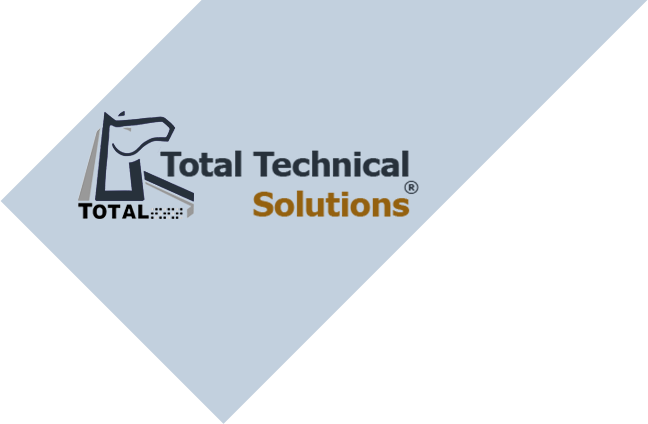Project Manager Value to Company
When hiring a Project Manager sometimes the value adds that an experienced PM brings to the organization can be overlooked. Often titles that state that a Project Manager is required was meant to have a more relevant technical resource. For hiring managers to understand the basic capture of what an experienced Project Manager should be offering, the below is a snapshot of some additional capabilities that come along with best practices and experience.
Remember with this experience and add value there is a premium that should be assigned for the labor rate of such a valuable resource.
What is a Project Manager?
A project manager is a professional who organizes, plans, and executes projects while working within restraints like budgets and schedules. Project managers oversee leading teams, defining goals, communicating with stakeholders, and seeing a project through to its closure. Whether running a marketing campaign, constructing a building, developing a computer system, or launching a new product, the project manager is responsible for the success or failure of the project.
The project manager role is in demand in just about every industry. Let’s take a closer look at what project managers do, why you should consider a career in project management, and how you can get started.
Types of Project Managers:
Senior Project Manager: A Senior Project Manager, is responsible for overseeing the planning and implementation of an entire project through budgeting, hiring team members, sourcing suppliers, and planning the project release. Their duties include setting deadlines, providing feedback, and communicating with clients about the status of their projects. This position may oversee many junior project managers and interface directly with senior management.
Construction Project Manager: Requires management knowledge paired with an understanding of the design and construction process. Construction project managers also plan construction timelines, manage contractors, and track materials.
Architectural Project Manager: Like a construction project manager (and they often work closely with construction project managers) this PM coordinates with the design team, communicates with clients, and ensures quality control.
Engineering Project Manager: Sees a product or device through its stages of research, development, design, and manufacturing, from concept to finished product. Engineering project managers also coordinate with various parties to ensure satisfaction upon project completion, from stakeholders to suppliers to contractors.
Software/IT Project Manager: Beyond the normal skills common to project managers, these managers typically have a background in software development, computer science, information technology, management of information systems, and other related fields. Common IT project management responsibilities include managing sprints, tracking bugs, and planning hardware rollouts. Hiring the right consultant
How to find the right project manager:
Business owners who want to hire the right project manager for their project should consider doing their homework. This means looking through the references of shortlisted project managers, running background checks, and ensuring that they know what they’re doing.
There are simple ways you can look for a business consultant:
- Run a web search
- Visit project management networks
- Visit events related to the project management industry
- Ask for referrals from friends and families
- Visit social media platforms like LinkedIn
Types of methodologies that Project managers use:
- Agile – collaborating to iteratively deliver whatever works
- Scrum – enabling a small, cross-functional, self-managing team to deliver fast results
- Kanban – improving speed and quality of delivery by increasing visibility of work in progress
- Scrumban – limiting work in progress like Kanban, with a daily stand up like Scrum
- Lean – streamlining and eliminating waste to deliver more with less
- eXtreme Programming (XP) – doing development robustly to ensure quality
- Waterfall – planning projects fully, then executing through phases
- SDLC – describes the stages involved in an information system development project
- PMLC – begins in the Project Initiation phase and extends to the Planning tasks phases
- PRINCE2 – controlled project management that leaves nothing to chance
- PMI’s PMBOK – applying universal standards to waterfall project management
- Hybrid – Utilizing a couple methods of project management to deliver the best results
Another quality that an experienced Project Manager brings with them is the ability to use tools, software, and other products to manage the project. There are many features to each one of the below projects and an experienced project manager saves time and costs when managing your companies’ projects.
Project Management tools:
- Project management software for scheduling and resource control.
-
- Microsoft Projects
- Primavera
- Smartsheet
- Microsoft Excel
- Atlassian Jira and Confluence
- Many other options…
Conclusion:
Project managers enable confidence, clear, and concise communication within the project team, and between the project team and the wider organization. This helps ensure the project is headed in the right direction. Having a central communications person decreases confusion and increases accuracy. By empowering and enabling the Project Manager to complete the projects, as best practices and experience should demonstrate, your company will save money, time, and ensure that the project scope is met with great success.

Leave a Reply